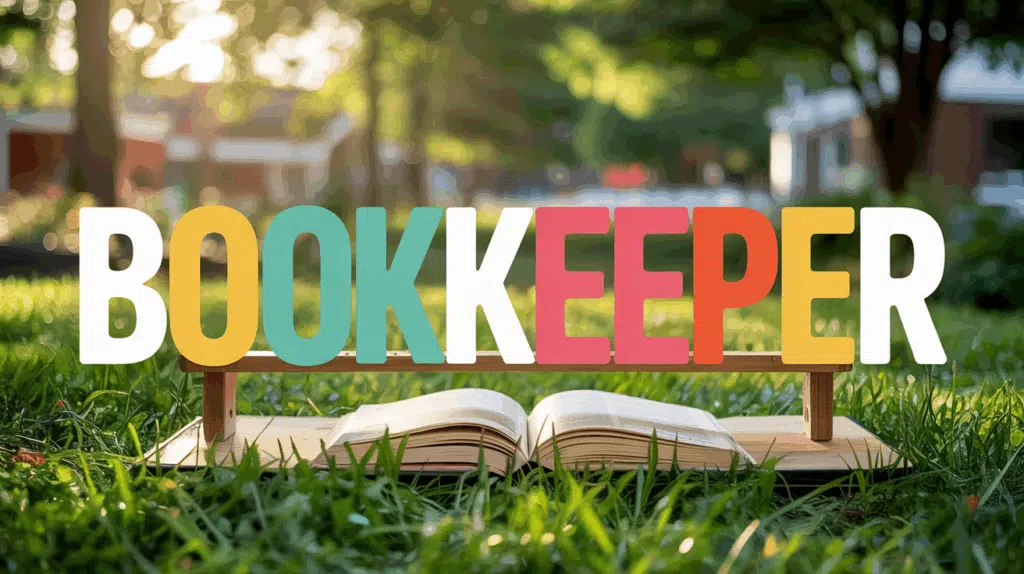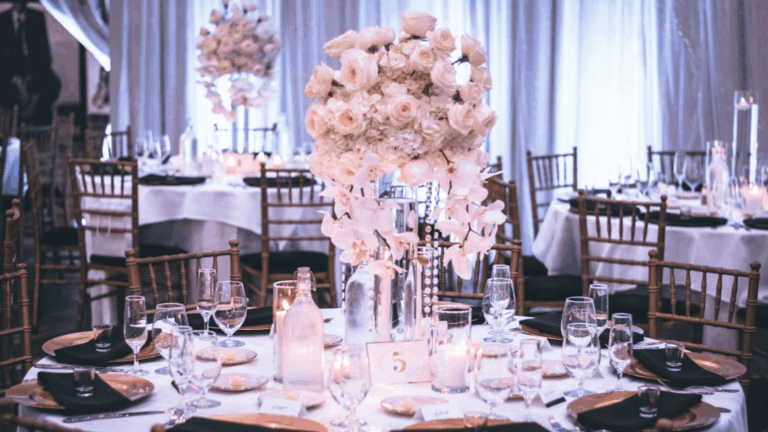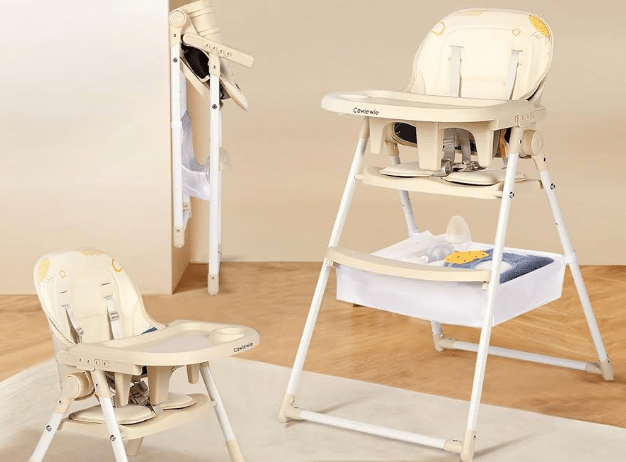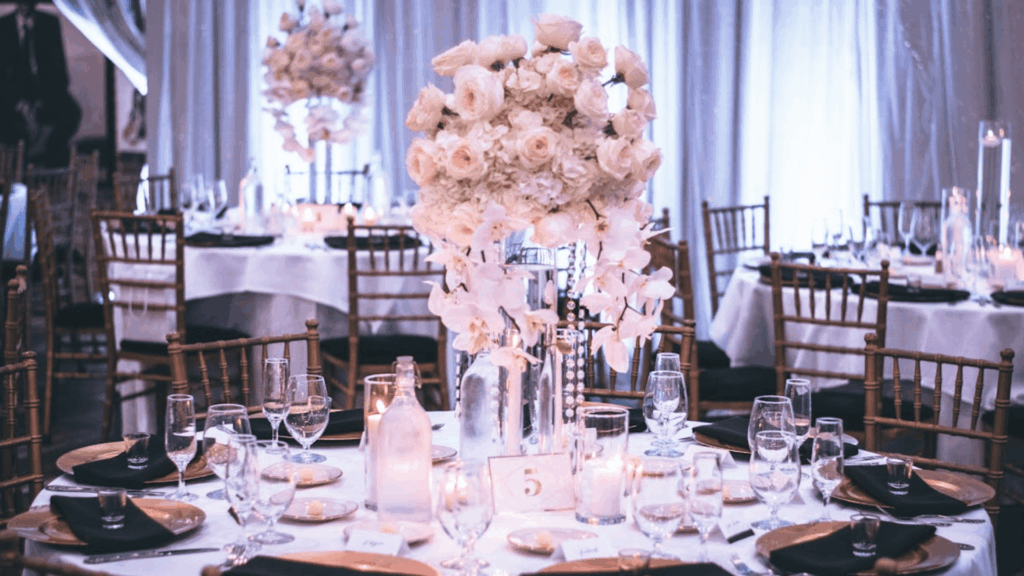Did you know that the English language contains a word with three consecutive double letters? This rare linguistic feature catches many people off guard when they first hear about it.
The question “What english word has three consecutive double letters?” often stumps even the most skilled language experts. Most words have one or maybe two double letters, but three in a row? That seems almost impossible. Yet, this word exists in everyday vocabulary, hiding in plain sight.
Finding this word can feel like solving a mini-puzzle, bringing satisfaction when the answer clicks. The word “bookkeeper” (along with its variations) stands as the answer to this curious language question.
This article will show you the unique structure of this word, spot other interesting examples, and highlight why these linguistic oddities matter in our understanding of English!
The Linguistic Oddity: Three Consecutive Double Letters in One Word
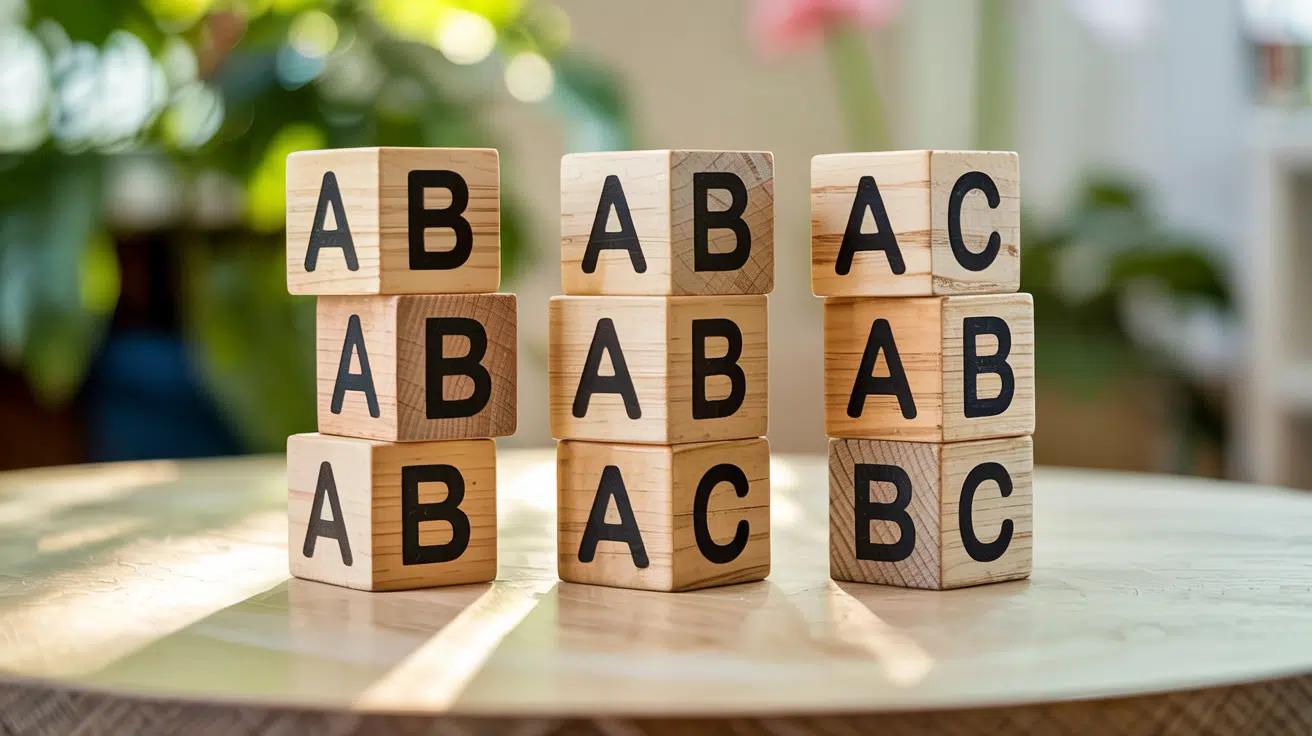
The occurrence of three consecutive double letters in English words represents a special pattern that language enthusiasts find intriguing. When people ask what English word has three consecutive double letters, they’re inquiring about a rare linguistic feature.
These words stand out because:
- They follow unusual spelling patterns
- They create a visually striking sequence of letters
- They challenge typical English pronunciation rules
- They appear in common vocabulary despite their rarity
Such words are notable in linguistic studies as examples of how English spelling can create distinctive patterns. The question of what English word has three consecutive double letters points to the complexity of our language. These words showcase how English has modified with unique spelling conventions that don’t appear in many other languages.
What English Word Has Three Consecutive Double Letters: Bookkeeper
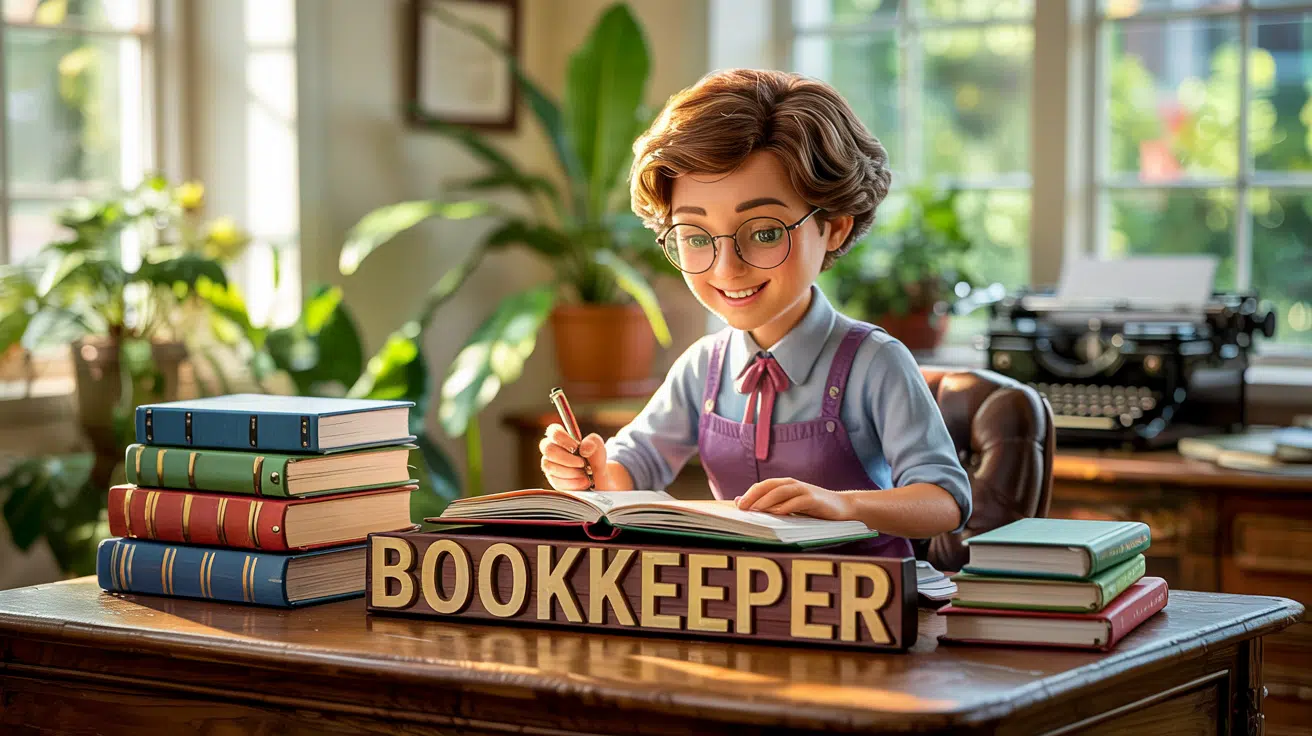
When asking what English word has three consecutive double letters, the answer is almost always “bookkeeper.” This simple job title contains a linguistic pattern that makes it stand out in the English language.
Why “Bookkeeper” is a Linguistic Oddity?
The word “bookkeeper” contains the letter pairs “oo,” “kk,” and “ee” right next to each other, creating a sequence of three double letters in a row. This spelling structure is extremely rare in English vocabulary, which is why many language fans find it so interesting.
Looking at how the word breaks down helps us see why this happens. The word combines “book” and “keeper,” bringing together the “k” ending of the first word with the “k” beginning of the second word. This combination creates the middle double letter, while the other doubles exist naturally in each word.
What makes this even more special is that “bookkeeper” isn’t an obscure or technical term. It’s a common word that describes someone who maintains financial records, yet it contains this unusual spelling feature that most people don’t notice until it’s pointed out.
Why Spelling “Bookkeeper” Can Be Tricky?
The spelling of “bookkeeper” often trips people up because of its unusual structure with consecutive double letters. Even when someone knows about this unique feature, they might still make mistakes when writing it.
Common spelling challenges include:
- Forgetting which letters are doubled
- Dropping one of the double letters
- Adding spaces between “book” and “keeper”
- Confusion about the order of double letters
- Mistakenly writing “bookeeper” or “bookkeper”
These errors are common because our brains don’t expect to see three sets of double letters in sequence. When writing quickly, it’s easy to skip one of these doubled letters without noticing.
The answer to what English word has three consecutive double letters reminds us of the quirks in English spelling. “Bookkeeper” and its related forms stand out as rare examples where the building blocks of language create a pattern that’s both simple in meaning but distinctive in structure.
Other Interesting Words that Have Consecutive Double Letters
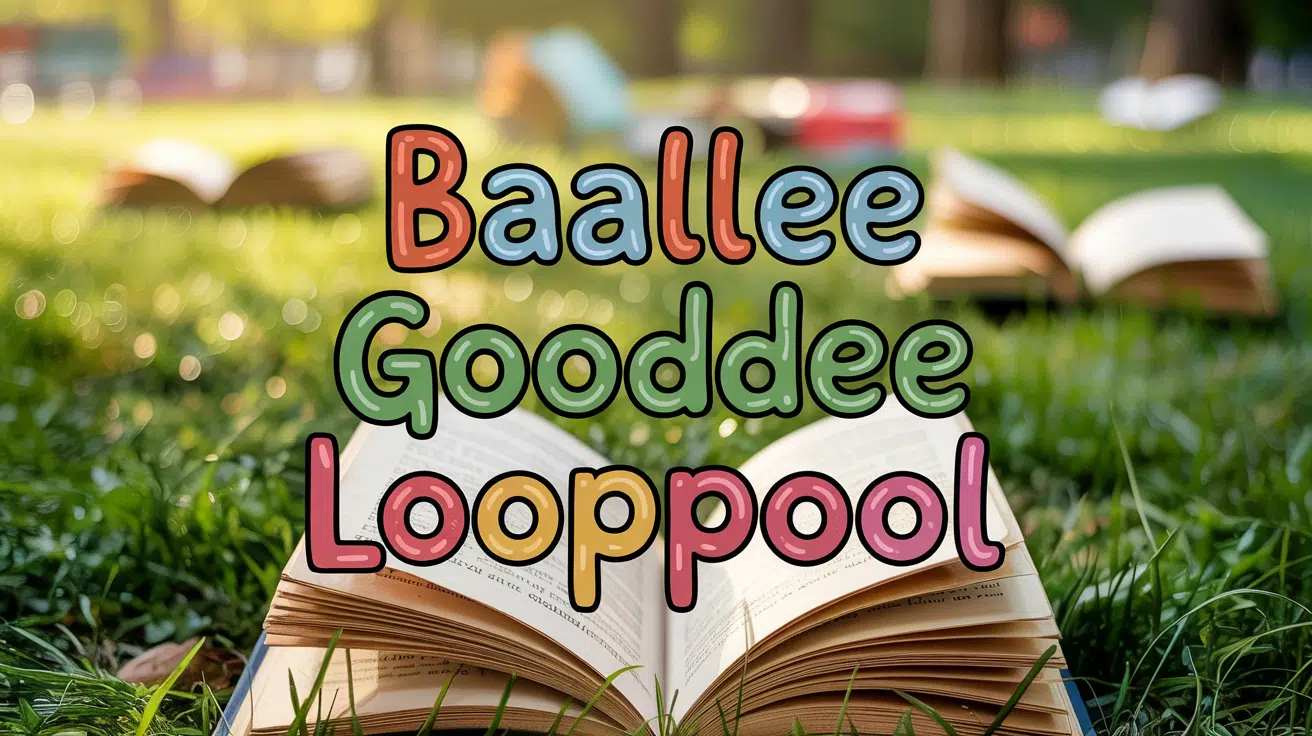
While looking at what English word has three consecutive double letters brings us to the most famous – “bookkeeper,” there are several other words with two consecutive double letters that are worth noting. These words showcase similar but less extreme patterns in English spelling:
1. AALLAAKH
-
Meaning: A town in Russia.
-
Origin: Russia.
-
Popularity: Less common.
2. AANNAAKH
-
Meaning: A town in Russia.
-
Origin: Russia.
-
Popularity: Less common.
3. AASSAA
-
Meaning: A dialectic term in Norwegian.
-
Origin: Norway.
-
Popularity: Rare, used in dialects.
4. ALLAALLA
-
Meaning: A town in Indonesia. It is also a palindrome.
-
Origin: Indonesia.
-
Popularity: Less common.
5. BAALLEE
-
Meaning: A surname recorded 20 times.
-
Origin: Unknown, surname.
-
Popularity: Rare.
6. BALLOONNESS
-
Meaning: The essence or quality of a balloon.
-
Origin: English.
-
Popularity: Rarely used outside creative contexts.
7. BARROOMMATE
-
Meaning: A drinking companion.
-
Origin: English.
-
Popularity: Rare, used informally.
8. BASSOONNESS
-
Meaning: The essence or quality of a bassoon.
-
Origin: English.
-
Popularity: Rare, typically used in music contexts.
9. BOOKKEEPING
-
Meaning: The act of keeping financial accounts in an organized manner.
-
Origin: English.
-
Popularity: Common, especially in business and accounting.
10. BOOKKEEPER
-
Meaning: A person who manages accounts and financial records.
-
Origin: English.
-
Popularity: Very common in business.
11. BOOMMEE
-
Meaning: A surname recorded 20+ times.
-
Origin: Unknown, surname.
-
Popularity: Rare.
12. BOONNEE
-
Meaning: A surname recorded 30+ times.
-
Origin: Unknown, surname.
-
Popularity: Rare.
13. BOONNOO
-
Meaning: A surname recorded 20+ times.
-
Origin: Unknown, surname.
-
Popularity: Rare.
14. BOOTTOOL
-
Meaning: A cobbler’s tool used for repairing boots.
-
Origin: English.
-
Popularity: Rare.
15. BROOKKEEPER
-
Meaning: A gamekeeper in charge of fish in a stream.
-
Origin: English.
-
Popularity: Rare.
16. BROOMMOOR HOUSE
-
Meaning: A 19th-century residence in Eaglesham, Glasgow.
-
Origin: Scotland.
-
Popularity: Historical, not commonly used today.
17. BUFFOONNESS
-
Meaning: The essence or quality of being a buffoon.
-
Origin: English.
-
Popularity: Rare, often used humorously.
18. CARROOFFUL
-
Meaning: A packed car roof.
-
Origin: English.
-
Popularity: Rarely used outside specific contexts.
19. CHINOOKKEEPER
-
Meaning: A person who runs a chinook salmon farm.
-
Origin: English.
-
Popularity: Rare, specific to salmon farming.
20. COOKKEEPER
-
Meaning: A person who “cooks the books” or manipulates financial records.
-
Origin: English.
-
Popularity: Rarely used, more in a colloquial or humorous context.
21. CREEKKEEPER
-
Meaning: A gamekeeper in charge of fish in a stream.
-
Origin: English.
-
Popularity: Rare, often used in historical contexts.
22. CROOKKEEPER
-
Meaning: A jailer or prison warden.
-
Origin: English.
-
Popularity: Rarely used, historical context.
23. DAYBOOKKEEPER
-
Meaning: A keeper of a daybook, for recording daily transactions.
-
Origin: English.
-
Popularity: Rare, used in historical or specialized contexts.
24. DOOMMOOD
-
Meaning: Dark feelings or depression.
-
Origin: English.
-
Popularity: Rare, often used in casual speech.
25. DOORROOD
-
Meaning: Full red, in Dutch; possibly coined.
-
Origin: Dutch.
-
Popularity: Extremely rare.
26. FEEEDDOOR
-
Meaning: A door in an old-fashioned stove for feeding in wood or coal.
-
Origin: English.
-
Popularity: Rare, used in historical or specialized contexts.
27. FLOODDOOR
-
Meaning: A trademarked British flood barrier for domestic doors.
-
Origin: English.
-
Popularity: Niche, related to a specific product.
28. FLOORROOF
-
Meaning: Relating to roof beams that can serve as the floor for a small room above.
-
Origin: English.
-
Popularity: Rare, specialized term in architecture.
29. FOODDOOR
-
Meaning: A door through which animals, birds, etc., can be fed.
-
Origin: English.
-
Popularity: Rare, niche use.
30. FOOLLEE
-
Meaning: A surname recorded 30+ times.
-
Origin: Unknown, surname.
-
Popularity: Rare.
31. FOOTTOOL
-
Meaning: A pedicure implement.
-
Origin: English.
-
Popularity: Rare, used in specific contexts like foot care.
32. GOODDEE
-
Meaning: A surname recorded 20+ times.
-
Origin: Unknown, surname.
-
Popularity: Rare.
33. HOOFFOOT
-
Meaning: An instrumental jazz/rock band from Malmo, Sweden.
-
Origin: Sweden.
-
Popularity: Niche, specific to music.
34. INTERROOMMATE
-
Meaning: Between roommates.
-
Origin: English.
-
Popularity: Rare, used in discussions about living arrangements.
35. JEEPPOOL
-
Meaning: To carpool using a jeep.
-
Origin: English.
-
Popularity: Rare, specific to Jeep users.
36. JIBBOOMMAKER
-
Meaning: A person who made jibboom extension spars for sailing ships.
-
Origin: English.
-
Popularity: Rare, historical term.
37. KOOKKEEPER
-
Meaning: A warden at a psychiatric institution, offensive slang.
-
Origin: English.
-
Popularity: Rare, offensive term used in certain contexts.
38. KOOKKOOK
-
Meaning: A given name recorded 100+ times.
-
Origin: Unknown, name.
-
Popularity: Rare.
39. KOOLLOOK
-
Meaning: An international firm making reading glasses and sunglasses based in Shanghai, China.
-
Origin: China.
-
Popularity: Niche, specific to the eyewear industry.
40. KOOTTOOR
-
Meaning: A surname recorded 20 times.
-
Origin: Unknown, surname.
-
Popularity: Rare.
41. KREEMKEEPER
-
Meaning: A person who manages cream in a dairy.
-
Origin: English.
-
Popularity: Rare, used in agricultural contexts.
42. LEELLEEL
-
Meaning: Hardship or trouble, in Somali.
-
Origin: Somali.
-
Popularity: Rare, dialectic term.
43. LOOKKOOL
-
Meaning: A cocktail bar in Graz, Austria.
-
Origin: Austria.
-
Popularity: Niche, specific to the bar industry.
44. LOOPPOOL
-
Meaning: A 1988 record album by Elliott Sharp, an experimental music artist.
-
Origin: United States.
-
Popularity: Niche, used primarily in music circles.
45. MAXILLOOCCIPITAL
-
Meaning: Pertaining to the junction of the maxilla (jaw) and occiput (back of the head) bones.
-
Origin: English, medical terminology.
-
Popularity: Extremely rare, specialized medical term.
46. NONBOOKKEEPER
-
Meaning: One who is not a bookkeeper.
-
Origin: English.
-
Popularity: Rare, more common in specialized discussions.
47. NONBOOKKEEPING
-
Meaning: Not related to bookkeeping.
-
Origin: English.
-
Popularity: Rare, used in specific professional contexts.
48. NOTEBOOKKEEPER
-
Meaning: One who keeps a notebook.
-
Origin: English.
-
Popularity: Rare, more common in literary or creative contexts.
49. POSTTEENNESS
-
Meaning: The state or character of being a postteen, someone older than a teenager.
-
Origin: English.
-
Popularity: Rare, used in certain social or developmental contexts.
50. PROBOOKKEEPING
-
Meaning: A professional service related to bookkeeping.
-
Origin: English.
-
Popularity: Rare, niche to accounting and bookkeeping fields.
51. ROOMMEET
-
Meaning: A gathering in a room.
-
Origin: English.
-
Popularity: Rare, used in informal contexts.
52. ROOMMOOD
-
Meaning: The feeling or “mood” of a room.
-
Origin: English.
-
Popularity: Rare, more often used in creative contexts.
53. SAARRAA
-
Meaning: A given name recorded 30+ times.
-
Origin: Unknown, name.
-
Popularity: Rare.
54. SAASSAA
-
Meaning: A town in Israel.
-
Origin: Israel.
-
Popularity: Less common.
55. SHEEPPOODLE
-
Meaning: A shaggy-haired German sheepdog, full name “German Sheepoodle.”
-
Origin: English.
-
Popularity: Rare, niche to dog breeds.
56. SHEEPPOOP
-
Meaning: Sheep excrement.
-
Origin: English.
-
Popularity: Rare, used primarily in agricultural contexts.
57. SIIPPOO
-
Meaning: A town in Finland.
-
Origin: Finland.
-
Popularity: Less common.
58. SOODDEE
-
Meaning: A surname recorded 25+ times.
-
Origin: Unknown, surname.
-
Popularity: Rare.
59. SOOKKEE
-
Meaning: A surname recorded 30+ times.
-
Origin: Unknown, surname.
-
Popularity: Rare.
60. SOOLLOOJEH
-
Meaning: A town in Iran.
-
Origin: Iran.
-
Popularity: Less common.
61. SOOTTOO
-
Meaning: A surname recorded 30+ times.
-
Origin: Unknown, surname.
-
Popularity: Rare.
62. SPEEDDOOR
-
Meaning: A brand of speed roller door.
-
Origin: English.
-
Popularity: Niche, specific to the door industry.
63. SPIINNIIDGIEDDI
-
Meaning: A farm in Norway.
-
Origin: Norway.
-
Popularity: Extremely rare.
64. SPOOKKEEPER
-
Meaning: A spymaster.
-
Origin: English.
-
Popularity: Rare, used in informal or creative contexts.
65. SPOONNOODLES
-
Meaning: A cookie/candy called “butterscotch spoonnoodles.”
-
Origin: English.
-
Popularity: Rare, specific to recipes.
66. STEELLOOK
-
Meaning: An aluminium window design marketed by Smart Systems, UK.
-
Origin: United Kingdom.
-
Popularity: Niche, specific to the building industry.
67. STEELLOOPS
-
Meaning: A hybrid between wild steelhead trout and kamloops rainbow trout.
-
Origin: United States.
-
Popularity: Rare, used in fishery and genetics contexts.
68. SUPERBOOKKEEPER
-
Meaning: A powerful and efficient bookkeeper.
-
Origin: English.
-
Popularity: Rare, used humorously or in business contexts.
69. SUPERROOMMATE
-
Meaning: An exceptional roommate.
-
Origin: English.
-
Popularity: Rare, used informally.
70. SWEETTOOTH
-
Meaning: A Chicago rock band; also, a person who loves sweet-tasting foods.
-
Origin: English.
-
Popularity: Rare, used both in music and casual contexts.
71. SWEETTOOTHED
-
Meaning: Having a love of sweet-tasting foods.
-
Origin: English.
-
Popularity: Rare, more common in informal speech.
72. TAADDEE
-
Meaning: A surname recorded 30+ times and given name 40+ times.
-
Origin: Unknown, surname.
-
Popularity: Rare.
73. TAAMMEE
-
Meaning: A given name recorded 20+ times.
-
Origin: Unknown, name.
-
Popularity: Rare.
74. TATTOOEE
-
Meaning: One who is tattooed by the “tattooer.”
-
Origin: English.
-
Popularity: Rare, mostly used in specific contexts.
75. TAUERNMOOSSEE
-
Meaning: A lake in Austria.
-
Origin: Austria.
-
Popularity: Less common.
76. TIIKKAANMAKI
-
Meaning: A town in Finland.
-
Origin: Finland.
-
Popularity: Less common.
77. TIITTEEKH
-
Meaning: A town in Russia.
-
Origin: Russia.
-
Popularity: Less common.
78. TOOLLEEN
-
Meaning: A town in Australia.
-
Origin: Australia.
-
Popularity: Less common.
79. TOOLLOOTER
-
Meaning: One who steals tools from workplaces after hours.
-
Origin: English.
-
Popularity: Rare, used informally.
80. TOOMMEE
-
Meaning: A surname recorded 30+ times.
-
Origin: Unknown, surname.
-
Popularity: Rare.
81. TOORREE
-
Meaning: A surname recorded 30+ times.
-
Origin: Unknown, surname.
-
Popularity: Rare.
82. TOORREES
-
Meaning: A surname recorded 100+ times.
-
Origin: Unknown, surname.
-
Popularity: Less common.
83. TOOTTOO
-
Meaning: The sound of a car-horn, trumpet, etc.
-
Origin: English.
-
Popularity: Rare, used in informal contexts.
84. TSAGAANNUUR
-
Meaning: A town in Mongolia.
-
Origin: Mongolia.
-
Popularity: Less common.
85. UNDERROOFFUL
-
Meaning: Referring to “an underroofful of bats.”
-
Origin: English.
-
Popularity: Extremely rare.
86. UUSSAARI
-
Meaning: A town in Finland.
-
Origin: Finland.
-
Popularity: Less common.
87. VAALLEEGTE
-
Meaning: A stream in South Africa.
-
Origin: South Africa.
-
Popularity: Less common.
88. WAAIKRAALLOOP
-
Meaning: A stream in South Africa.
-
Origin: South Africa.
-
Popularity: Rare.
89. WALLOONNESS
-
Meaning: The essence or character of Walloons, a Romance ethnic group.
-
Origin: Belgium.
-
Popularity: Rare, mostly used in academic or cultural contexts.
90. WHEELLOOSE
-
Meaning: Free, unhampered by ties, punning on “footloose,” often used for someone in a wheelchair.
-
Origin: English.
-
Popularity: Rare, used informally or humorously.
91. WHOOPPEE
-
Meaning: A brand of sodas made by Whooppee Soda Works, New Jersey, US.
-
Origin: United States.
-
Popularity: Niche, specific to the soda brand.
92. WOODDEE
-
Meaning: A surname of Richard Wooddee, May Wooddee, and Dorcas Wooddee.
-
Origin: Unknown, surname.
-
Popularity: Rare.
93. WOODDEER
-
Meaning: Forest deer, typically hyphenated.
-
Origin: English.
-
Popularity: Rare, used in agricultural or rural contexts.
94. WOODDOOR
-
Meaning: An interior design company operating in Slovakia.
-
Origin: Slovakia.
-
Popularity: Niche, specific to the interior design industry.
95. WOOLLEE
-
Meaning: A possible variant of the surname Woolley, appearing in the 1881 England census.
-
Origin: England.
-
Popularity: Extremely rare.
96. WOOLLOOM
-
Meaning: An Aboriginal clan group from the Lake Wellington region, Victoria, Australia.
-
Origin: Australia.
-
Popularity: Rare, historical term.
97. WOOLLOOMOOLOO
-
Meaning: A suburb and bay in Sydney, Australia.
-
Origin: Australia.
-
Popularity: Relatively well-known in Australia.
98. WOOLLOONGABBA
-
Meaning: A suburb of Brisbane, Australia.
-
Origin: Australia.
-
Popularity: Well-known in Australia.
Though none of these examples fully answer what English word has three consecutive double letters, they demonstrate that double letter sequences are an interesting feature throughout the English language, creating patterns that make our spelling system unique.
Wrapping It Up
Now you know what English word has three consecutive double letters and why this small detail matters. “Bookkeeper” stands as a rare example of how English can surprise us with its spelling patterns. The next time you’re writing this word, you’ll likely pay extra attention to those doubled letters!
Language holds many such small wonders that we often overlook in daily use. These spelling oddities make English both challenging and fun to learn. They remind us that even common words can contain unusual features.
Have you spotted other words with interesting letter patterns? Did you already know about bookkeeper’s unique spelling before reading this article?
Share your thoughts in the comments below! We’d love to hear about other language curiosities you’ve spotted in your reading and writing!
Frequently Asked Questions
What English Words Have 3 Sets of Double Letters?
Bookkeeper (and variations like bookkeeping) has three sets of double letters: “oo”, “kk”, and “ee”.
What Words Have the Same Letter 3 Times in A Row?
In standard English, no words have the same letter three times in a row. Words like “goddessship” have three ‘s’ letters but not consecutively.
What Is a 7-letter word with 3 Double Letters?
“Keenness” has 8 letters but contains 3 double letters: “ee”, “nn”, and “ss”.
What Word Has Four Sets of Double Letters?
“Subbookkeeper” contains four double letter sets: “bb”, “oo”, “kk”, and “ee”.

